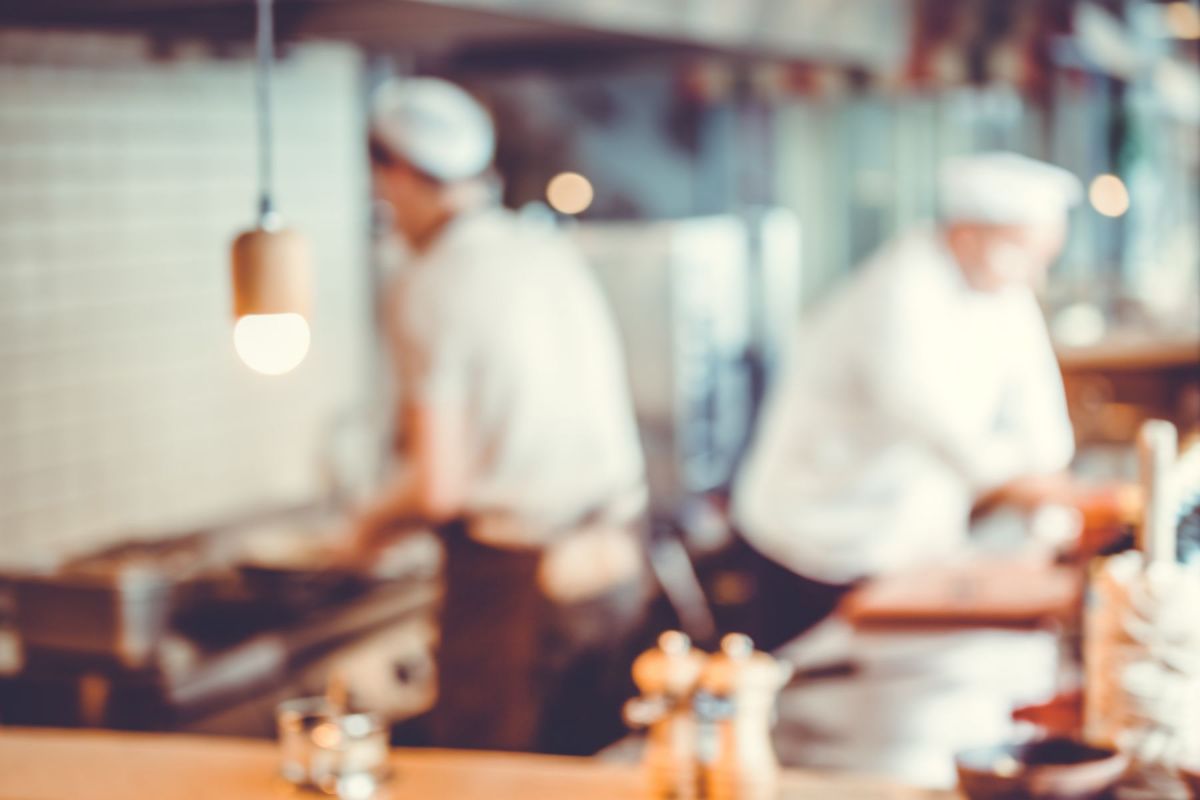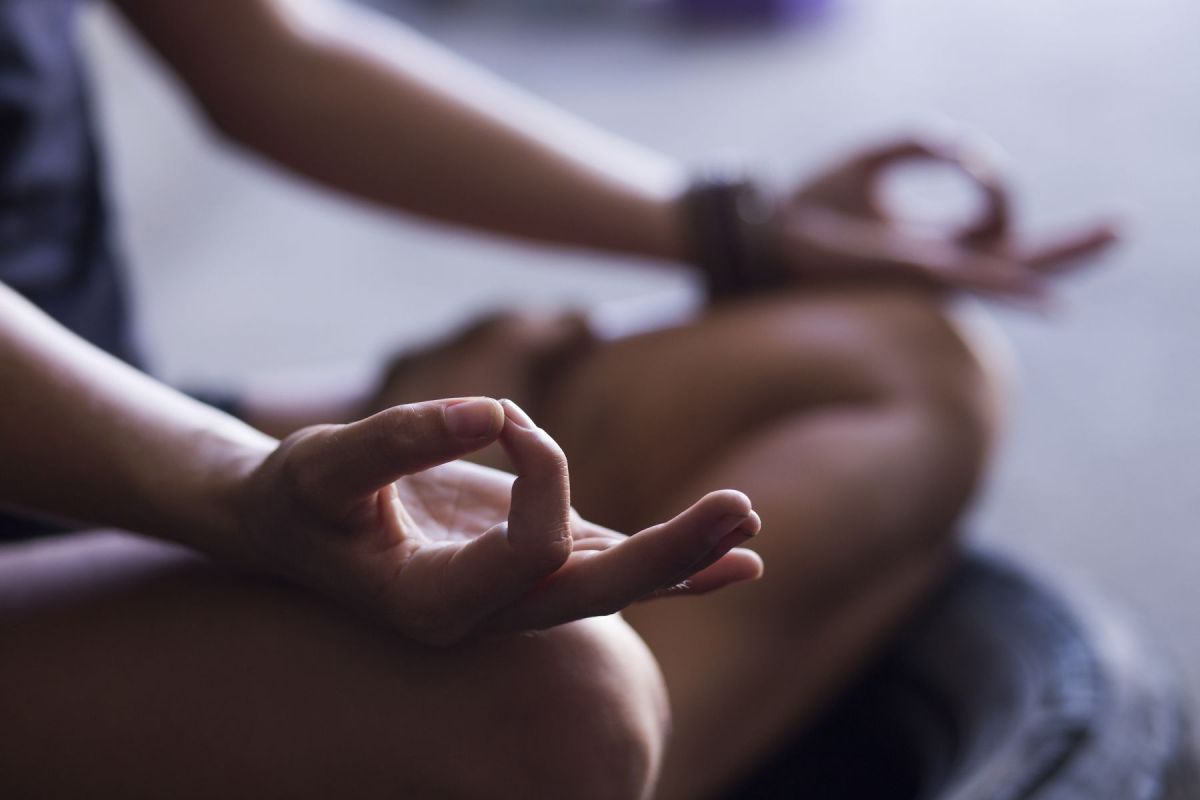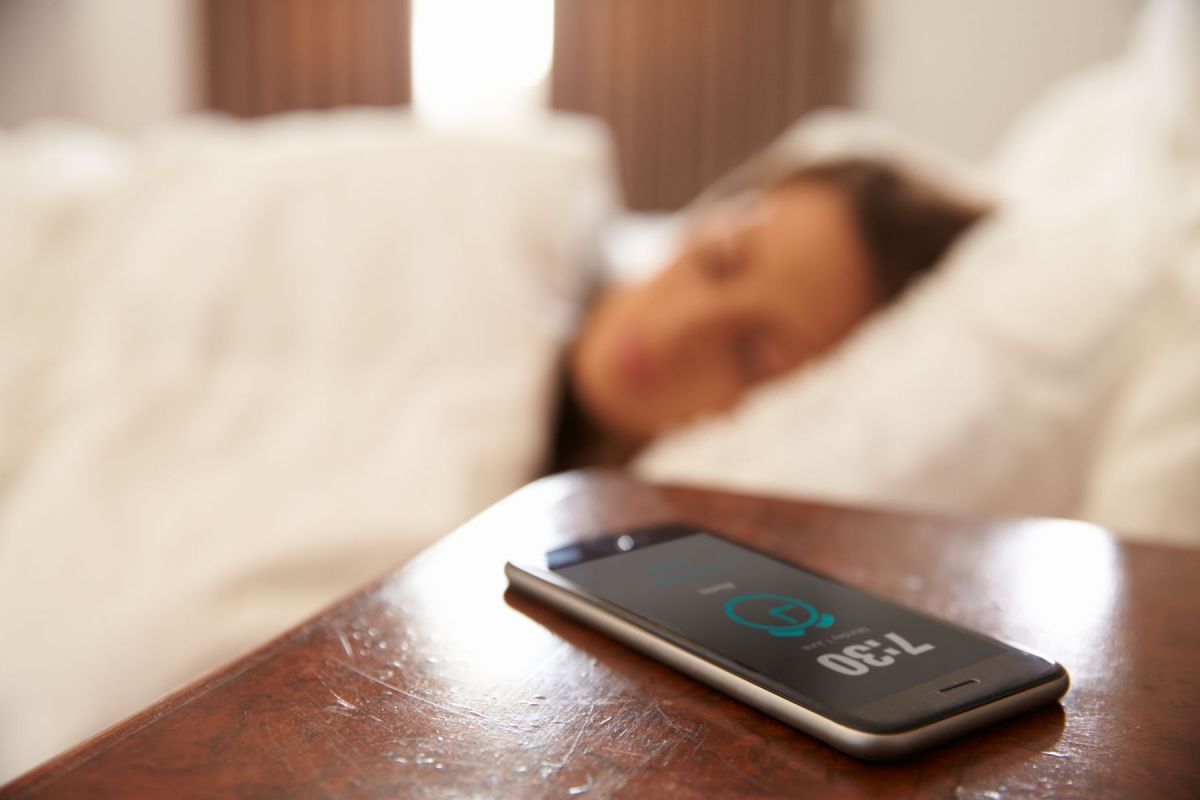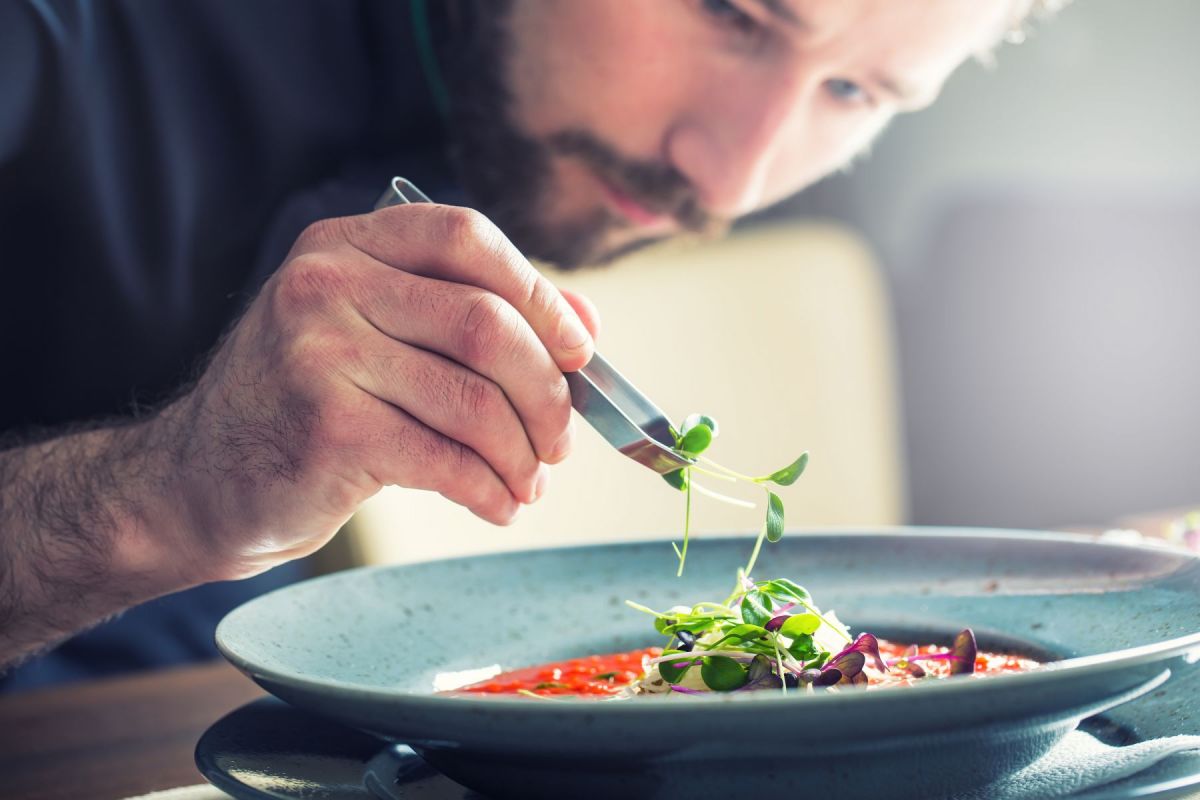10 Tips for Managing Mental Health in the Kitchen
For chefs working long hours in a high-pressure environment, it’s no secret that mental health is a concern in the field. Thankfully, in recent years, there has been more discussion surrounding the topic, and as leaders like Chef Network continue to shed light on these issues through their efforts like Kitchen Charter, which seeks to make kitchens a more positive workplace, we’d also like to do our bit to help you manage your mental health in the kitchen.
Below, read our 10 tips to help get you started. This list is by no means exhaustive; however, our hope is that there is at least one item on this list which will resonate with you.
Just because you can whip up a healthy, delicious meal for your customers doesn’t mean you’re always doing the same for yourself. When it comes down to it, you need a meal that will sustain you throughout a long shift without weighing you down, so be mindful about your diet. Chicken, for example, is an excellent source of not only protein but also tryptophan; this helps the body create serotonin, which is great for sleep and balancing mood. Consider making other small changes where you can, like swapping that post-work beer for a relaxing cup of herbal tea to help you unwind and get ready for bed, or passing up that extra cup of coffee before your shift, as caffeine has been known to exacerbate anxiety.
Psychologists found that a 10-minute walk may be just as effective in boosting mood and relieving symptoms of anxiety as a 45-minute workout. Use your break for a quick, 10-minute walk to reap the benefits, or take that walk first thing in the morning to get energised for the day ahead. To get those extra steps in, you might also try hopping off public transport a few stops early or opting to walk or cycle to work instead.
Whether you get out for a hike on your day off or for just a few precious moments in the garden while enjoying your coffee, sunshine and natural light give us loads of benefits, from improving circadian rhythms and sleep patterns to helping us focus. What’s more, taking the time to appreciate the beauty of nature can boost our overall emotional wellbeing.
Studies show that practicing gratitude leads to greater happiness. Pick a time that works for you (suggest first thing in the morning or right before bed) to journal at least 5 things you’re grateful for every day. No time? Make a mental note of the things you’re grateful for as you get ready for work, along your commute, etc.
We know. This one’s not for everyone. But don’t knock it ‘til you try it! There are loads of apps, from Aura to Headspace, which can help to calm an otherwise busy mind, and many of these can be done in just a few short minutes.
As chefs, accidents happen, and working through cuts and burns is simply par for the course. But your body needs proper time to recover from long, stressful shifts. And with more sleep, there’s less fatigue—and ideally less room for accidents. With new updates and apps, sleep tracking is just a tap away. However, try to limit your screen time before bed to allow your body and mind the chance to unwind.
Breaks are essential in allowing us to hit the reset button. It’s all too easy to think we’re “too busy,” but the benefits of stepping away for even 5 minutes can make all the difference. During this time, go for a short, brisk walk outside (or walk the stairs to get some steps in), do some quick breathing exercises, listen to music, practice gratitude, or call a loved one for a quick “hello.”
You’ve likely made loads of video calls to check in on loved ones throughout the pandemic, but you may not talk to yourself in the same kind tone as you would others. You wouldn’t call a loved one only to put them down or call them names, so why do it to yourself? When facing stress, remember to use the same kindness and compassion with yourself that you’d typically reserve for others.
Chefs blow us away with their creativity, and that creativity needs to be fostered, but for many of you, there’s often just not enough time to let the creative juices flow. From food prep to waiting on appliances to heat up, consider where time is wasted in order to free up more time to get back to what you love.
When scrolling through your feed, make note of any content that makes you feel stressed, anxious, or low, and immediately unfollow those accounts. Instead, make note of those feel-good posts that leave you laughing, smiling, or inspired, and follow similar accounts. Comparison is the thief of joy, and as such, social media can quickly become toxic, but that doesn’t mean your feed has to be.
And there you have it. Ten simple, effective ways to help manage your mental health. We hope you found some practical tips that suit you and your needs, but above all, do not hesitate to reach out to any of the below resources if you or someone you know is struggling.
Samaritans Ireland; tel: 116 123
Aware; tel: 1800 80 48 48
Pieta House; tel: 1800 247 247
50808; text: 50808
Do you have any effective tips for managing your mental health that weren’t included on our list? Let’s keep the dialogue open—send us a DM on Instagram or Twitter at @manorfarmFS.











